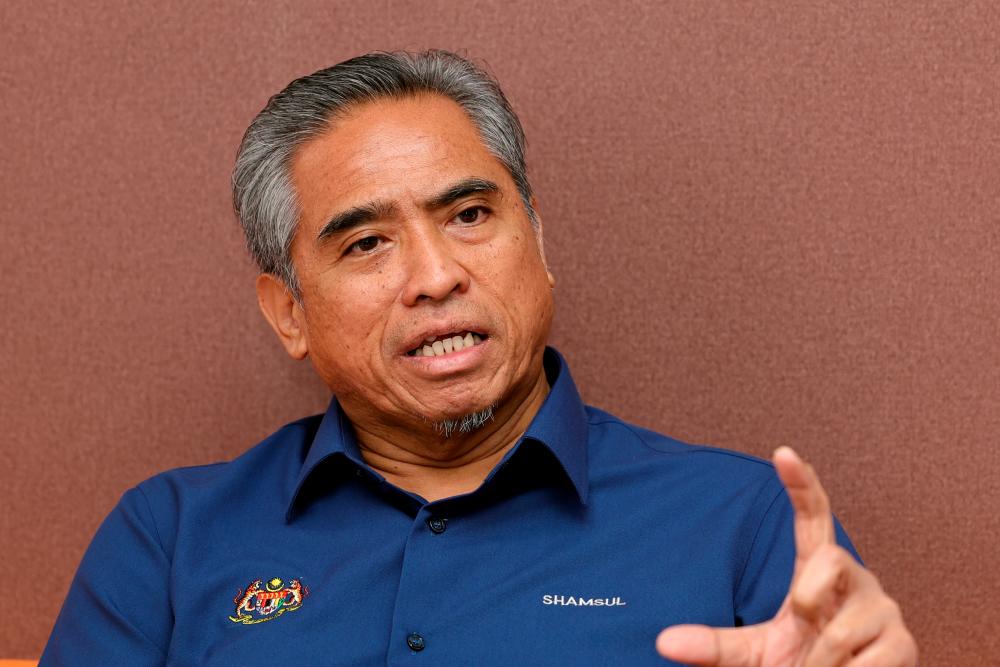KULAI: The Kulai Fast Lane (KFL) initiative introduced by the Kulai Municipal Council (MPKu) can be an exemplary model for other local authorities (PBTs) in improving the quality of service delivery and luring investment.
Chief Secretary to the Government (KSN) Datuk Seri Shamsul Azri Abu Bakar said this was due to the success of KFL in accelerating its public service delivery and attracting more investors to Johor, especially to the municipal council area.
“I will always promote the success of Kulai (Fast Lane) to other PBTs so that we can improve our services to investors as demanded by our prime minister. There must be a reform, a shift in the public delivery system, either for the people or the investors, because if the process takes too long, we will fall behind,” he said after making his first visit to MPKu since his appointment as KSN on Aug 12.
Also present was Johor State Secretary Tan Sri Dr Azmi Rohani.
KFL is a fast and effective service delivery system for processing physical development applications, including all processes before plan approval, plan approval, Certificate of Completion and Compliance (CCC) and the issuance of an operating licence.
Among KFL’s significant achievements are the reduction of industrial building construction time to 14 months from 36 months and a 171 percent increase in investment which now amounts to RM45 billion as well as creating 7,000 highly-skilled job opportunities that contribute to local socio-economic development.
Shamsul Azri said fast service delivery is also key for the country to compete with neighbouring countries like Singapore and Thailand in attracting investors and improving its position in the Global Competitiveness Ranking (WCR).
“These two countries are the focus of investors because their application processing system is fast, which we have to emulate and improve,” he said.
According to the WCR 2024 issued by the International Institute for Management Development (IMD) last June, Malaysia is ranked 34th out of 67 countries, falling seven places from the 27th position last year.
Among the ASEAN countries, Malaysia is for the first time ranked below Thailand (ranked 25th) and Indonesia (ranked 27th), while Singapore emerged as the most competitive economy in the world, surpassing Switzerland in second place, followed by Denmark in third place.









